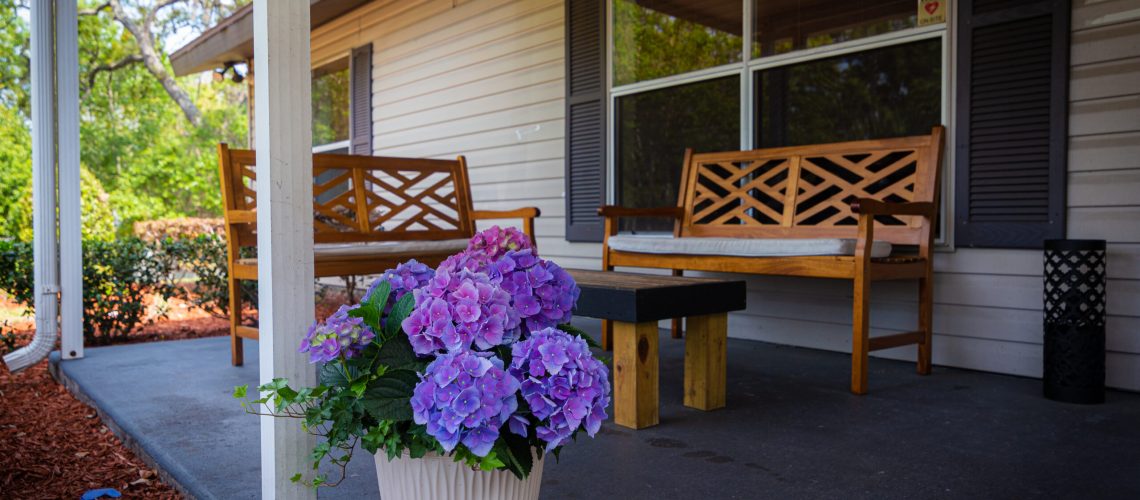When searching for effective addiction treatment, understanding the differences between rehab and residential programs is crucial. While these terms are sometimes used interchangeably, they represent distinct approaches to recovery, each catering to unique needs. This article will explore the key differences to help you choose the best option for yourself or a loved one seeking drug rehab in Tampa.
Defining Rehab and Residential Programs
- Rehab (Rehabilitation):
Rehabilitation programs are structured treatment programs designed to address addiction. They can vary in intensity and duration, typically categorized into:- Inpatient Rehab: Requires patients to live at the treatment facility full-time.
- Outpatient Rehab: Allows individuals to attend therapy sessions while living at home.
- Residential Programs:
Residential treatment is a form of inpatient care where individuals live in a home-like setting for extended periods. It focuses on creating a supportive, immersive environment for long-term recovery.
Key Differences Between Rehab and Residential
1. Treatment Setting
- Rehab: Often takes place in clinical or hospital-like facilities. Inpatient rehabs are more structured and intensive, with 24/7 medical supervision.
- Residential: Offers a more relaxed, home-like environment. The focus is on creating a therapeutic community where patients feel comfortable and supported.
2. Length of Stay
- Rehab: Programs are typically shorter, ranging from 28 days to 90 days.
- Residential: Lengths of stay can be much longer, often six months to a year, allowing for gradual recovery and life skill development.
3. Focus of Treatment
- Rehab: Prioritizes immediate detoxification, therapy, and relapse prevention. The goal is to stabilize the patient quickly.
- Residential: Takes a holistic approach, addressing deeper emotional, psychological, and social factors over an extended period.
4. Level of Supervision
- Rehab: Inpatient rehab provides 24/7 supervision by medical professionals, especially during detox.
- Residential: While there is supervision, the atmosphere is less clinical and more community-driven.
5. Program Intensity
- Rehab: Highly structured schedules with daily therapy sessions, group meetings, and activities.
- Residential: Offers structured treatment but with flexibility, allowing time for personal growth and recreational activities.
Which Option is Best for You?
Consider Rehab If:
- You require immediate medical intervention for detox.
- You have a dual diagnosis (addiction and mental health condition).
- You prefer a shorter, intensive program.
Consider Residential If:
- You need a long-term recovery solution.
- You thrive in a supportive, home-like setting.
- You want to focus on rebuilding life skills and addressing deep-rooted issues.
Benefits of Drug Rehab in Tampa
1. Expert Care and Guidance:
Tampa boasts highly qualified addiction specialists and therapists to guide individuals through recovery.
2. Holistic Approach:
Centers like Spring Gardens Recovery integrate traditional and alternative therapies, including mindfulness, fitness programs, and nutritional support.
3. Accessible Support Networks:
Tampa offers a strong community of support groups, including AA and NA meetings, to help individuals maintain long-term sobriety.
4. Beautiful Environment:
Tampa’s serene surroundings and warm climate provide a peaceful setting conducive to healing and recovery.
Making the Right Choice for Recovery
Choosing between rehab and residential programs depends on individual needs, addiction severity, and personal preferences. A professional assessment is often the best way to determine the most effective treatment plan.
Contact Spring Gardens Recovery for Help
If you’re searching for drug rehab in Tampa, Spring Gardens Recovery offers both rehab and residential programs tailored to your needs. Their comprehensive, patient-centered approach ensures that every individual receives the care they need to achieve and maintain sobriety.
Take the first step today. Visit Spring Gardens Recovery to learn more about their programs and start your journey toward a healthier, addiction-free life.



